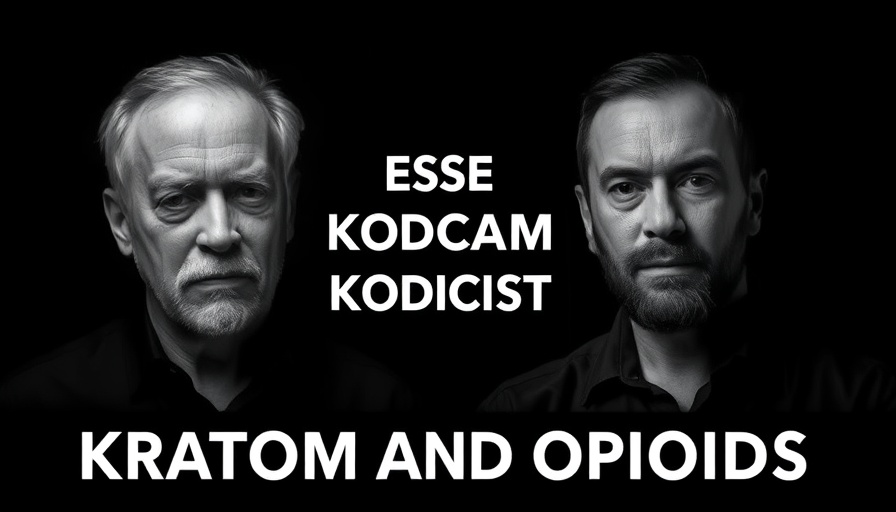
Psychedelics: Bridging Science and Mental Health
Psychedelics, long shrouded in controversy and misunderstanding, may hold the keys to transformative therapies for mental health. Recent discussions, particularly a compelling episode featuring Dr. Matthew Johnson with Andrew Huberman, shed light on the evolving landscape of psychedelic research. As understanding deepens, many are now exploring their potential benefits, particularly in the realms of depression and addiction.
In 'Essentials: Psychedelics for Treating Mental Disorders', we explore the groundbreaking potential of psychedelics in addressing mental health challenges.
What Qualifies a Substance as a Psychedelic?
Psychedelics, as defined in the discussion, are substances that can dramatically alter one’s sense of self and reality. Classic examples include LSD, psilocybin (found in magic mushrooms), and DMT. These compounds interact mainly with serotonin receptors in the brain, influencing perceptions and emotional responses. The term 'psychedelic' itself, while popular, reflects cultural significances tied to these substances rather than strict scientific classifications. Various types of psychedelics can profoundly reshape personal and neurological frameworks, making them invaluable in therapeutic settings.
The Therapeutic Landscape of Psychedelics
As Dr. Johnson conveys, the therapeutic models involving psychedelics don’t just target the symptomatic effects of conditions like depression. Rather, they aim to alter the participants' fundamental perceptions of self, allowing them to emerge with a renewed sense of agency and possibility. It's a shift from viewing oneself as merely a 'depressed person' to someone with options and the ability to create change—a vital step in emotional recovery.
MDMA vs. Classic Psychedelics: The Emotional Connection
A particularly noteworthy aspect of the discussion is MDMA, often viewed as a unique entity within the psychedelic realm due to its pronounced effects on both dopamine and serotonin. Unlike classic psychedelics, which may propel users into deep introspection or even anxiety, MDMA tends to invoke feelings of emotional openness and connectedness. This creates a safe environment for individuals to confront traumatic memories and cultivate healing.
Risks and Considerations in Psychedelic Use
While the potential for psychedelics in therapeutic settings is undeniable, it is crucial to address the risks. These substances can lead to destabilizing experiences, especially for individuals with existing psychiatric disorders such as schizophrenia. The importance of a controlled environment and professional guidance cannot be overstated. Proper preparation, support during the experience, and integration afterward are paramount to safely navigating the psychedelic journey.
Navigating the Future of Mental Health Treatment
The ongoing conversation about psychedelics signals a pivotal moment in mental health treatment. As clinical trials unfold and more research comes to light, we stand on the brink of a revolution in our approach to mental wellness. From treating depression to addressing addiction and trauma, the possibilities are vast. Exploring these avenues not only fosters hope but also challenges us to rethink the boundaries of mental health treatment.
In this age of evolving mental health awareness and acceptance, the dialogue around psychedelics is increasingly relevant. If you or someone you know is struggling with mental health issues, consider exploring holistic approaches, including the burgeoning field of psychedelic therapy. Stay informed, stay healthy, and remember that help is always available.
 Add Row
Add Row  Add
Add 


Write A Comment